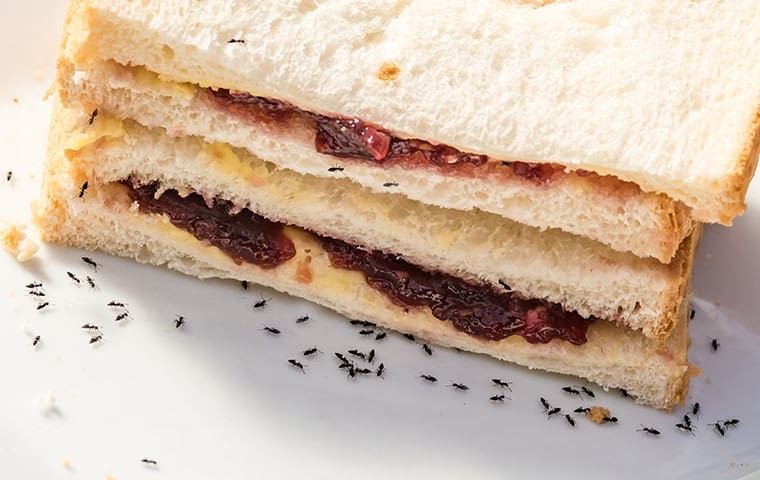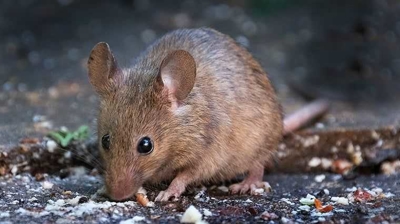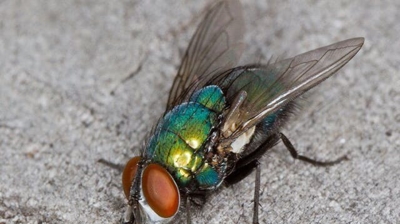
Little Black Ants Identification & Prevention
Frequently Asked Questions about Little Black Ants
Have questions? We are here to help. Still have questions or can't find the answer you need? Give us a call at 252-424-7966 today!

-
How can I prevent little black ants in the future?
Pests are not just a nuisance; they pose potential health risks and are capable of damaging property.
- Avoid problems with little black ants with the help of the following prevention tips.
- Help to keep little black ants out by sealing cracks in the foundation and exterior walls of your house.
- Cut tree limbs and overgrown shrubbery back from the exterior of your home.
- Place outdoor trash cans and compost bins up off of the ground and away from the sides of your house.
- Maintain a stone barrier between any soil or grass and your foundation.
- Keep tight-fitting lids on all trash cans and compost bins.
- Outdoor eating areas need to be kept free of food debris.
-
How do I get rid of little black ants?
Acquiring help from a professional pest control expert is the best way to control little black ants and keep them from returning. At Albemarle Termite & Pest Control, our technicians are highly trained and dedicated to providing safe and effective home pest control services that are affordable. We are a local pest control company whose number one priority is putting our customers first and exceeding expectations. For home or business owners looking to control pests on their property once and for all, call Albemarle Termite & Pest Control today!
-
Where will I find little black ants?Little black ants usually nest outside under logs, railroad ties, lawns, rocks, and in the cracks of sidewalks and pavement. You’ll often see them traveling together in long lines along sidewalks, driveways, and fence lines. They also like to nest within a building’s woodwork or masonry. Inside, little black ants nest behind wall voids, under floors, and inside insulation.
-
Why do I have a little black ant problem?Little black ants feed on insects, sweets, meats, grease, vegetables, and fruits. As the ants travel in search of food, they enter homes through cracks in foundations and exterior walls. If your home provides them with easy access to food and water, they'll often stay and create an indoor nest to expand their colony.
-
Are little black ants dangerous?Little black ants live together in vast colonies and can enter homes in large numbers. These ants are annoying to deal with and contaminate food stored in kitchens and pantries. But, because they don’t pose serious health threats, nor do they cause structural damage, they are not thought of as dangerous ants.
-
What are little black ants?Little black ants are easy to describe—small jet-black ants. Adults grow to about 1/16 of an inch in length. They are omnivores, feed on a wide variety of foods, and often wind up inside homes and other structures.



